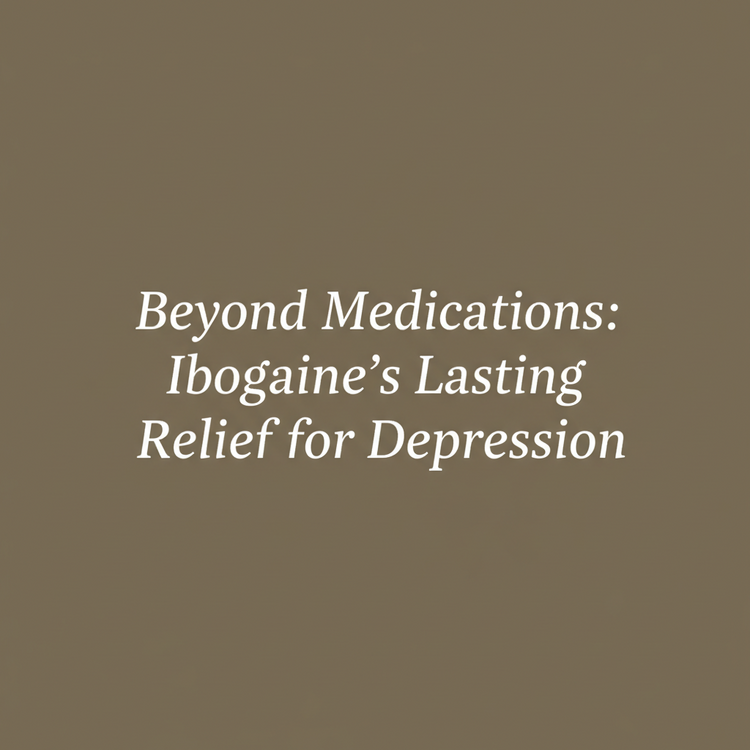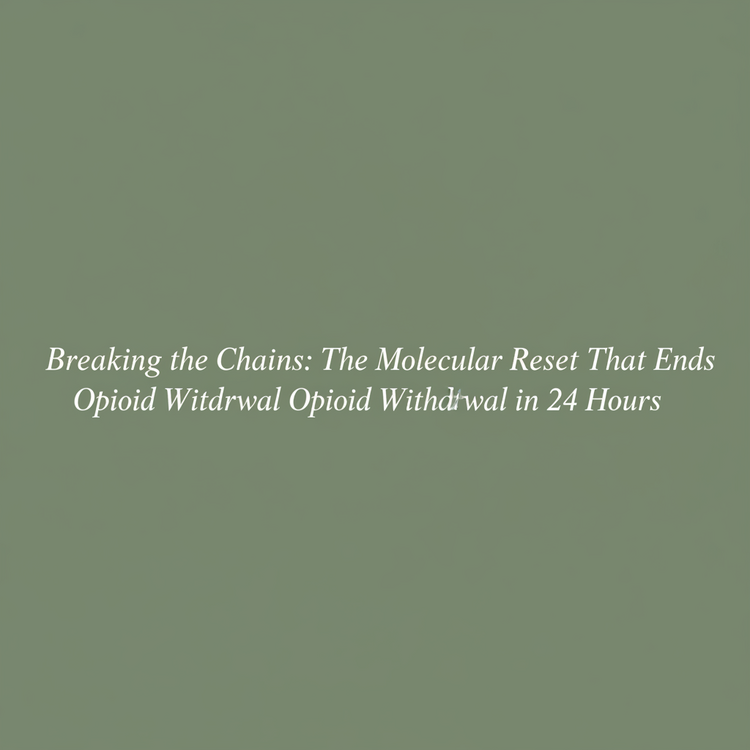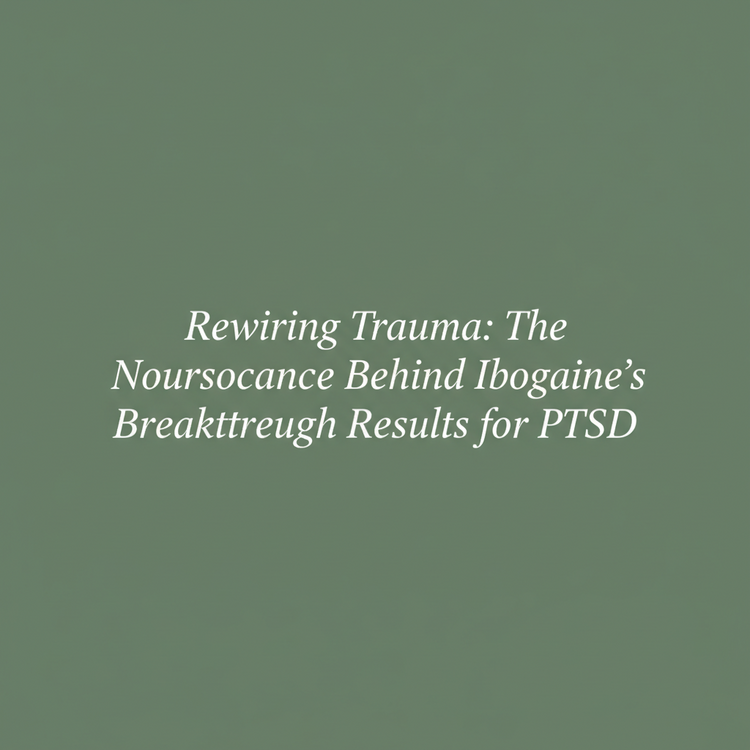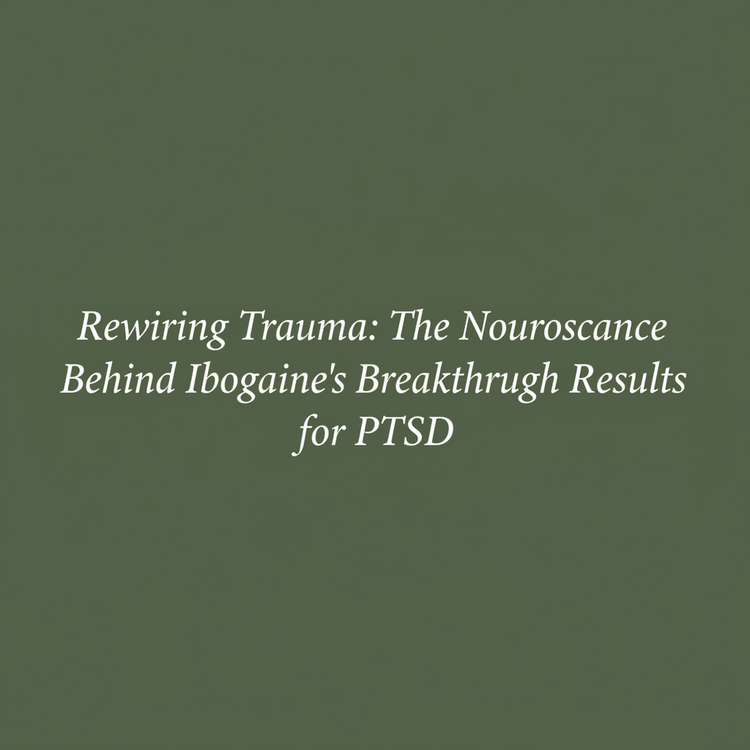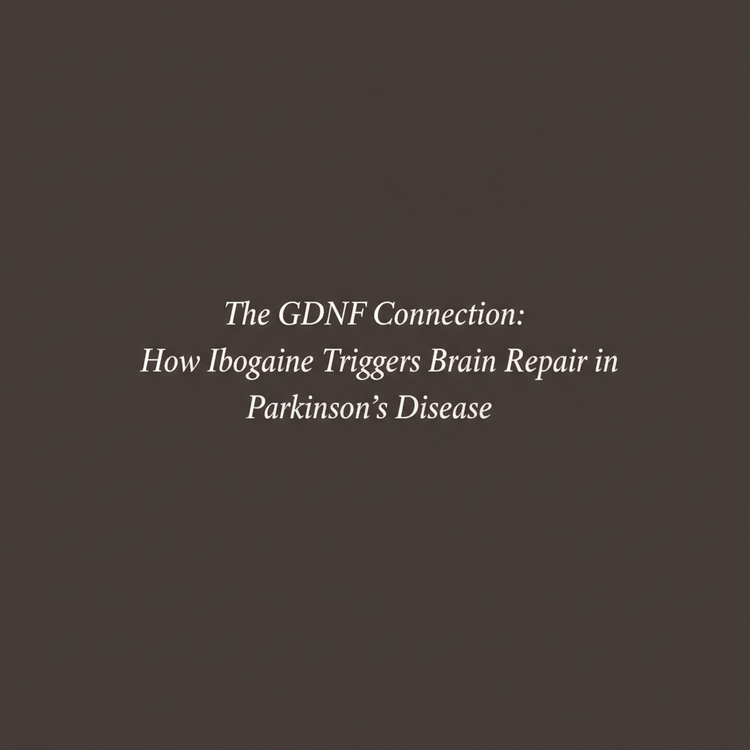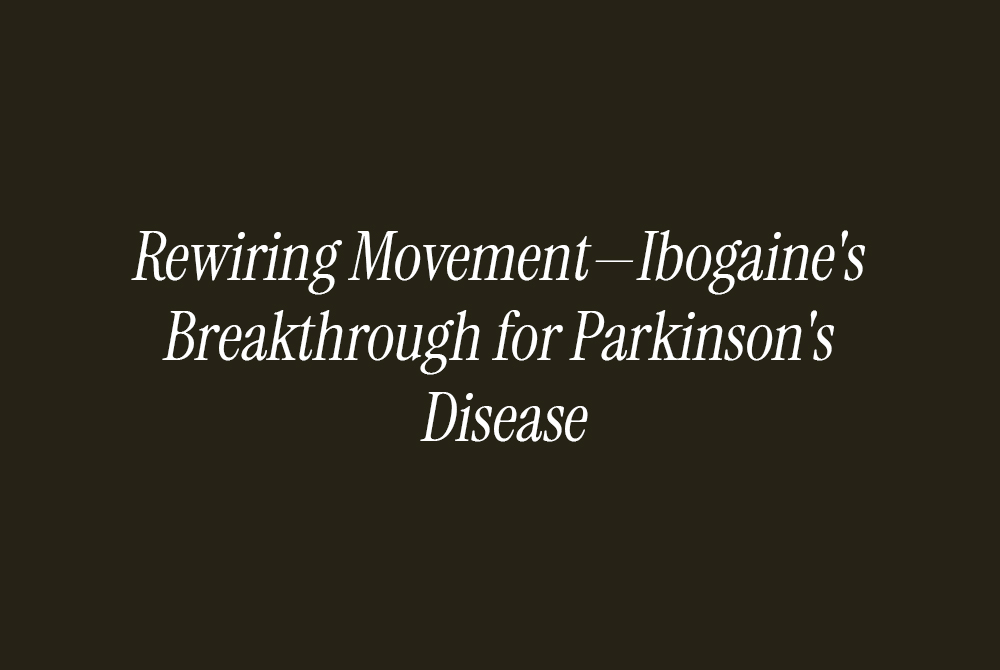The Depression and Anxiety Reset—Mental Health Breakthroughs with Ibogaine
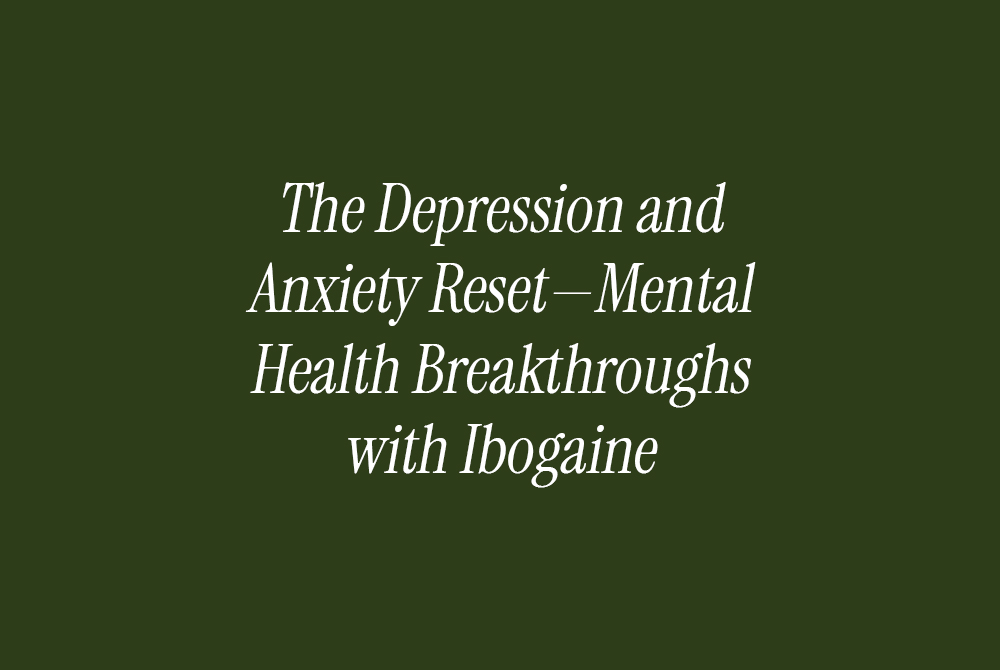
How Ibogaine Addresses Treatment-Resistant Psychological Conditions
Depression and anxiety disorders affect hundreds of millions worldwide, and for many, conventional treatments provide minimal relief. Antidepressants work for some, but ibogaine may release serotonin into the brain and block the abnormal reuptake of serotonin caused by addiction and other conditions, offering a fundamentally different mechanism of action.
Beyond SSRIs
Selective serotonin reuptake inhibitors (SSRIs) work by preventing serotonin from being reabsorbed into neurons, theoretically increasing its availability. But ibogaine’s relationship with serotonin is more complex and potentially more powerful.
Researchers at Yale and UCSF identified two compounds that, like ibogaine, bind to the serotonin transporter in a unique way—by keeping the inward gate open rather than the outward gate. This unusual mechanism may explain why ibogaine has effects that differ dramatically from conventional antidepressants.
The Stanford Veterans Study
The most compelling evidence for ibogaine’s mental health benefits comes from research with veterans. Stanford Medicine researchers found that ibogaine safely led to improvements in depression, anxiety, and functioning among veterans with traumatic brain injuries.
The improvements weren’t marginal. Reductions in depression scores from baseline to 12-month follow-up were significant, as were reductions in withdrawal symptoms. These aren’t subtle shifts—they’re life-changing transformations.
Confronting Darkness
One aspect that sets ibogaine apart from conventional antidepressants is its capacity to facilitate confrontation with suppressed emotional material. Some ibogaine users experience scenes of extreme trauma or violence during the visionary state, but this isn’t a bug—it’s a feature.
Ibogaine helps resolve trauma, aggression, fear, and grief by facilitating introspection and enabling people to process traumatic events, restoring the brain by rewiring areas that have been blocked because of trauma and abuse. Think of it as emotional surgery—uncomfortable in the moment, healing in the aftermath.
The Trauma-Mental Health Connection
Much depression and anxiety is rooted in unprocessed trauma. Some users report that ibogaine experiences help them confront and process past traumas or unresolved emotional issues, and by revisiting and recontextualizing traumatic memories in a safe setting, individuals may experience emotional healing and reduce the psychological distress associated with trauma.
This isn’t about dwelling on the past—it’s about finally being able to release it. The ibogaine experience creates a neurological and psychological space where traumatic memories can be processed without the overwhelming fear response that typically prevents their integration.
The Neurotrophic Factor Connection
Depression has been linked to decreased levels of neurotrophic factors—the proteins that promote neuronal survival and growth. Evidence suggests NGF levels are decreased in the brains of alcohol-treated mice and in the serum of chronic heroin and cocaine users, suggesting a common relationship between NGF and both addiction and mood disorders.
Ibogaine administration impacts the expression of three neurotrophic factors—BDNF, GDNF, and NGF—resulting in neuroplasticity and potentially reversing the neurological deficits associated with depression.
A New Paradigm
At Iboga Wellness Institute, we recognize that mental health isn’t separate from neurological health, and that psychological healing requires neurological healing. Our protocols address both dimensions simultaneously, combining ibogaine’s unique neurochemical effects with compassionate therapeutic support.
For those who have tried everything else, who have been told their depression is “treatment-resistant,” who have lost hope—ibogaine offers something genuinely new. Not another medication to take daily for years, but a potential reset, a chance to experience what it’s like to be free from the weight you’ve been carrying.


